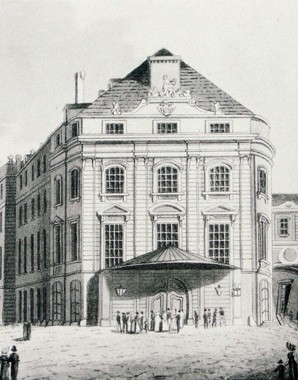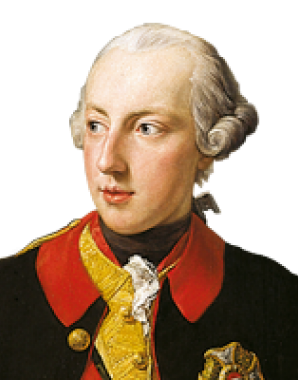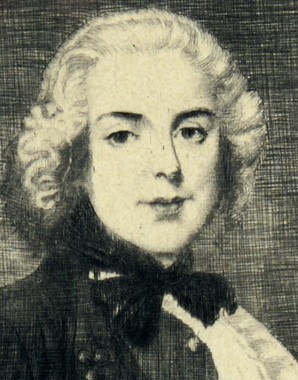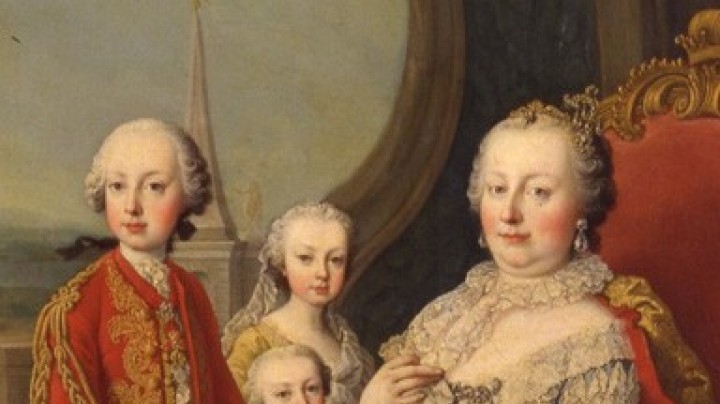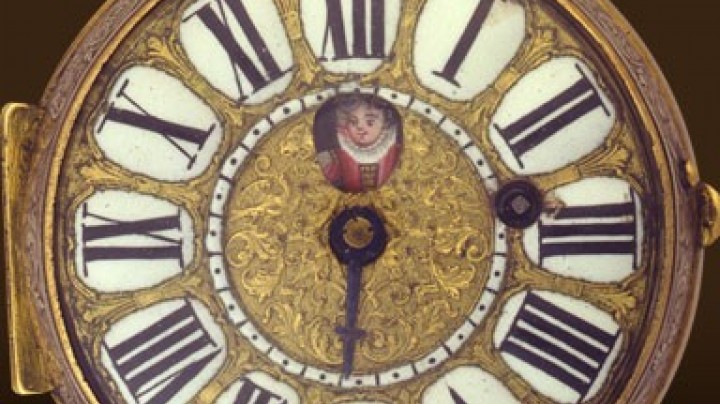An Emperor as theatre director and talent scout
A man for all seasons: Joseph II raises the Burgtheater to the status of German National Theatre, functions as director and hires his ensemble.
The Gothaer Theater-Kalender from 1777 on the Vienna HofburgtheaterEmperor Joseph is the Protector of this stage [i.e., of the Hofburgtheater]. Nothing escapes his attention and care for its improvement. The Monarch is convinced that a good national theatre has a very close and important influence on the character, morals and taste of his people. … No German stage better observes what is customary and decent. Taste keeps watch over the choice of plays, censorship over morals.
It was Emperor Joseph II who finally put an end to the permanently calamitous financial state of the two court theatres: after the last lessee had been bankrupted, the expenses and salaries for the Burgtheater were taken over by the Court. The Kärntnertortheater was also to be made over free of charge to the ‘companies of actors, singers and dancers of all languages’.
In 1776 the Emperor renamed the Burgtheater as the German National Theatre with the intention of promoting German-language theatre. The theatre became one of the foremost stages in the German-speaking countries. The financial security provided by Court funding made it possible to retain stars of the theatrical world as part of an ensemble in Vienna. The actors were accorded the same status as Court officials and received a state pension.
In 1778, in order to vary the repertoire, Joseph introduced the German National Singspiel that culminated in Mozart’s Abduction from the Seraglio. Mozart’s Italian adversaries at court, in particular Antonio Salieri, did their utmost to ensure that Italian opera should once again be performed at the Burgtheater rather than German Singspiel. After long drawn-out disputes the Emperor eventually gave preference to the Italian opera buffa.
Joseph II assumed the role of director of the Burgtheater: he regarded the theatre as a tool of the Enlightenment and his social reforms; as a moral and ethical authority it was to become a means to educate and discipline audiences.
He took care of administrative details and even found time to attend rehearsals, select plays and engage actors. Even on his journeys abroad he kept his eye open for new talents for the Viennese stage and sent out ‘talent scouts’ the length and breadth of Germany. The artistic management was to be executed on democratic lines through a plenum of actors (including women!). However, this regulation proved unworkable, and in 1779 a committee of directors was set up, a system that was to endure for the next 130 years.
For audiences, it was often not the play itself that was the centre of attention. The theatre was a place to see and be seen, a centre of social life and a place of encounters, not necessarily of the socially acceptable kind …
